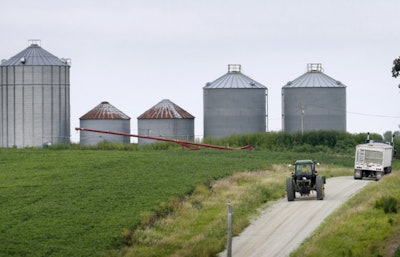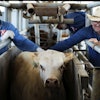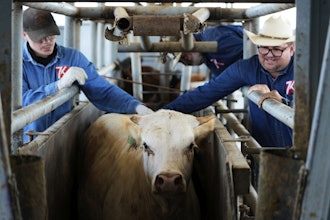
A federal report anticipates that new college graduates in agriculture and related fields will only be able to fill about 60 percent of the available jobs in those industries in coming years.
The analysis by U.S. Department of Agriculture officials and Purdue University researchers expects an average of 57,900 vacant jobs in the food, agriculture, renewable natural resources and environmental industries between 2015 and 2020.
During that span, however, only 35,400 new graduates with at least a bachelor's degree in agriculture-related fields are expected to enter the job market. Although enrollment in those programs is expected to increase, analysts said good employment prospects should remain in place over the next five years.
"These graduates are essential to address U.S. and global priorities of food security, sustainable energy and environmental quality," said Allan Goecker, assistant dean emeritus of Purdue's College of Agriculture and lead author of the report.
Nearly half of the expected job openings involve management and business, while more than one quarter are classified under science, technology, engineering and math.
Among the STEM sectors, USDA officials expect several occupations to be particularly in demand, including plant and food scientists, water resources scientists and engineers, sustainable biomaterials and precision agriculture specialists and veterinarians.
Fifteen percent of the open positions involve sustainable food and biomaterials production, with 12 percent in education, communication or government services.
The report said e-commerce managers, marketing agents, agricultural science and business educators, crop advisors, ecosystem managers and pest control specialists should also see a strong job market.
"Not only will those who study agriculture be likely to get well-paying jobs upon graduation, they will also have the satisfaction of working in a field that addresses some of the world's most pressing challenges," said Agriculture Secretary Tom Vilsack.





















